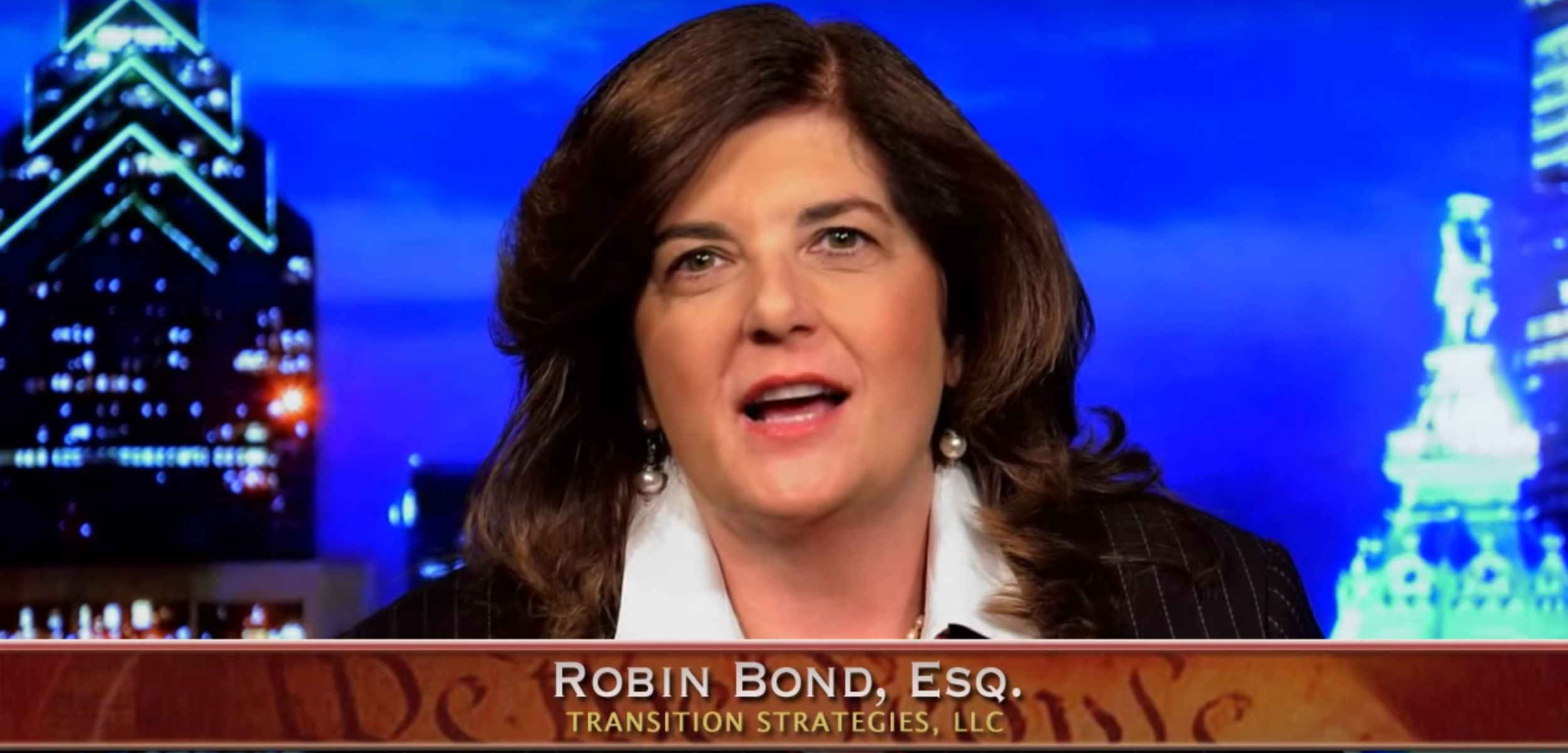Highlights of the Coronavirus Economic Stimulus Legislation
In an effort to provide a lifeline to keep American businesses open, and workers working, Congress has agreed upon a $2 trillion Coronavirus Rescue package, the largest stimulus package in American history. The legislation is expected to be enacted imminently. All details of the legislation are not yet available. However, here is a high-level summary of 6 main provisions that are most likely to affect employers and employees.
Expansion of Unemployment Benefits
An expected $250 billion in additional Unemployment Compensation (UC) benefits will be provided to help those who have lost jobs as a result of the Coronavirus outbreak. The plan is to add an additional $600/week to normal state benefits for up to 4 months, plus provide an additional 13 weeks of UC benefits (for a total of 39 weeks) of regular UC benefits through 2020. This coverage will be extended to independent contractors and “gig” workers who are normally not eligible for UC benefits.
One-Time Stimulus Checks to Americans
An expected $250 billion is allocated for one-time stimulus payments to qualifying Americans. It is expected that individuals earning $75,000.00 or less in Adjusted Gross Income annually will receive a one-time stimulus check of $1,200.00. Married couples earning up to $150,000.00 would get a check for $2,400.00, with an extra $500.00 for each child. The payments scale down by income, and are expected to phase out at the $99,000.00/$198,000.00 AGI earnings levels. Timing for sending the checks is not certain, but May is a likely time frame.
Forgivable Loans to Small Businesses
An expected $350 billion is allocated to provide loans to small businesses for the purposes of making payroll. Companies with fewer than 500 employees can get up to $10 million to keep paychecks going to employees. If employers maintain payroll for at least 8 weeks, the government is expected to provide forgiveness of certain other costs.
Loans to Big Business
Up to $500 billion is expected to be allocated to provide loans to distressed large companies affected by the Coronavirus crisis. These loans would have to be repaid. It is expected that an oversight board will handle the distribution of the loan money, with Inspector General oversight to ensure the money is spent as expected. These loans cannot go to firms owned by President Trump, other White House officials or members of Congress. The relief legislation is also expected to permit large businesses to defer payment of their 2020 payroll taxes until 2021 or 2022.
Aid to Hospitals and Public Health & Safety Programs
An expected $130 billion is expected to be appropriated to help health care providers fight the Coronavirus and to fund public safety net programs. Beneficiaries are expected to include hospitals, the food stamp program, child nutrition programs, the Centers for Disease Control and other public health programs, and public transportation agencies.
State Aid
Up to $150 billion is expected to be directed to help state government funding needs, due to anticipated greater public health and safety needs, increased unemployment and reduced tax revenues.
We will update this information as new data becomes available.

